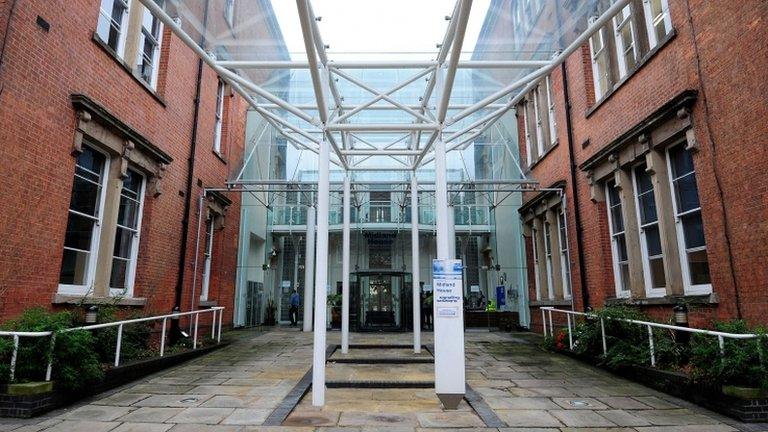Free schools: Financial management questioned
- Published

The government needs better systems for ensuring public money is used properly in free schools, say MPs
Financial management of some free schools is inadequate, a report by a cross-party group of MPs says.
The Public Accounts Committee said the programme, which operates in England, is "overly reliant" on whistleblowers to uncover financial scandals.
It added that high-profile failures of three free schools show that not enough is being done to ensure that public money is being used properly.
The government said many of the PAC's concerns were "misplaced".
There are currently 174 free schools in England with another 116 approved to open from this September.
PAC chairwoman Margaret Hodge said "recent high-profile failures", at Al-Madinah School in Derby, Discovery New School in Crawley and Kings Science Academy in Bradford, highlighted the case for better monitoring.
'Light-touch'
Margaret Hodge: "The department focused on speed rather than due process"
The report argues that failures in governance and poor financial stewardship at a few free schools indicate that "oversight arrangements are not yet working effectively enough to make sure public money is used properly".
Financial management standards at some schools are "not up to scratch", said Mrs Hodge.
The report says the government's light-touch governance model "requires high levels of compliance by schools, yet fewer than half of free schools" submitted their required financial returns for 2011-12 on time.
It adds that in some cases problems identified by whistleblowers should have been found through official audit and review processes.
To protect whistleblowers it urges a ban on the use of confidentiality clauses in free school staff contracts.
The report recognises that the government has made progress in establishing free schools quickly but warns that opening new kinds of schools at speed gives rise to risks.
It recommends the government should evaluate audit and accountability processes to ensure they "fully address the risks in the programme".
Mark Lehain, Bedford Free School head: "We have a really lovely relationship between teachers and students"
Capital costs
The report is also concerned about the free schools programme's "escalating capital costs", with the government having budgeted to spend £1.5bn to March 2015.
It urges tighter cost management, particularly with regard to buying land for school sites.
It also says applications to set up free schools are not emerging from areas with the greatest forecast need and calls on the government to set out "how and by when it will encourage applications" from these areas.
A DfE spokesman said free schools were subject to greater scrutiny than council-run schools.
"The financial accountability systems in places for free schools are more rigorous than those for maintained schools.
"They enable swift resolution if there are any issues of financial impropriety."
The spokesman added that by 2012-13 the number of free schools to have submitted their audited accounts on time was 86%. He added that construction costs were 45% lower than under the previous government.
Natalie Evans, director of The New Schools Network said "focusing on the 1% of free schools" with problems was "a short-sighted way to draw conclusions about a programme that has enabled the creation of hundreds of new schools in just three years.
"Where schools underperform it is right that swift action is taken but a fair and balanced assessment of free schools would highlight the fact that two thirds have so far been judged good or outstanding."
Labour's Shadow Education Secretary Tristram Hunt said the report was "yet more evidence" that the free school programme was "diverting precious resources from areas in dire need of more school places, contributing to the primary places crisis this Tory-led government is overseeing".
He added that Labour's plans would ensure decisions about new schools "are based on the needs of the community, value for taxpayers' money and raising education standards".
- Published9 May 2014
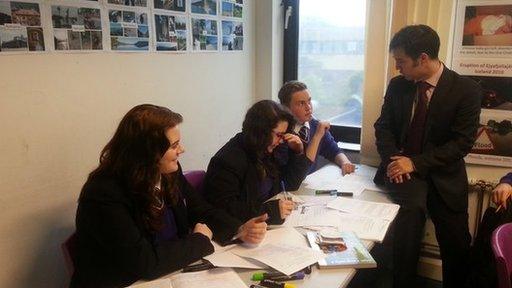
- Published9 May 2014

- Published4 May 2014
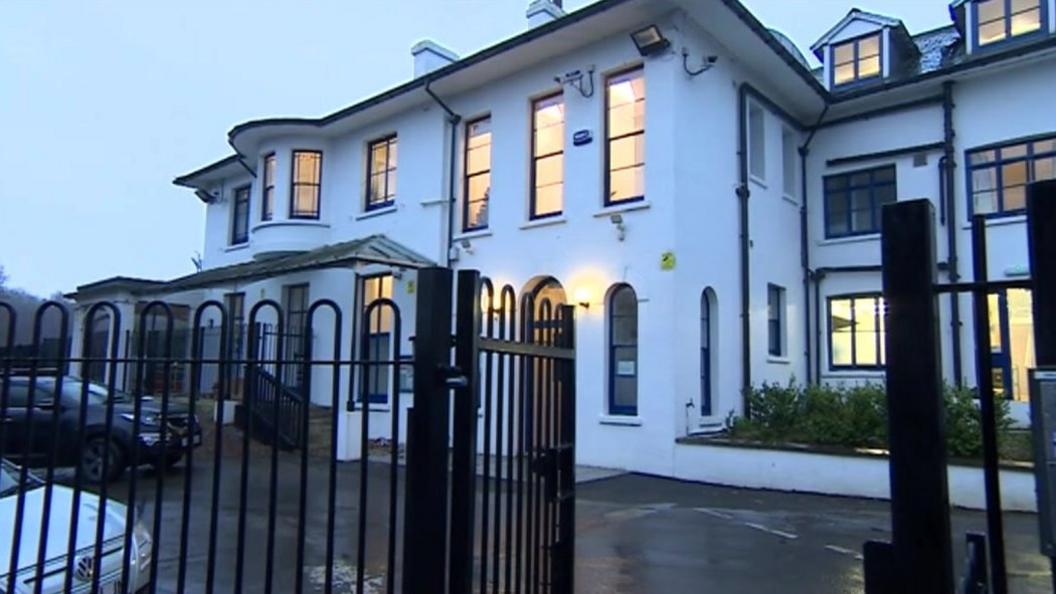
- Published4 March 2014
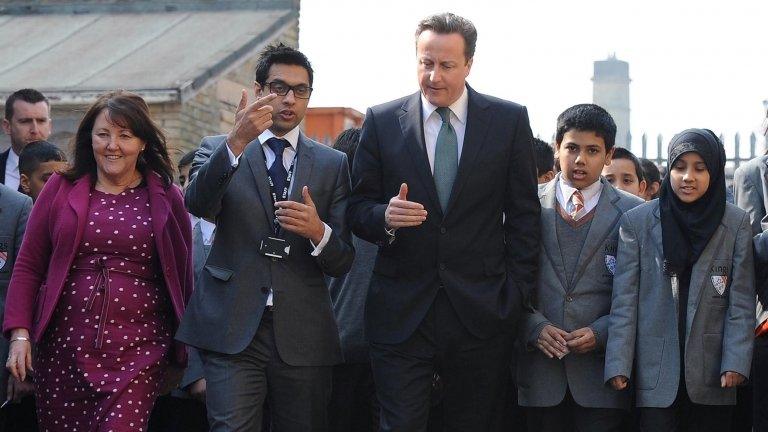
- Published11 December 2013
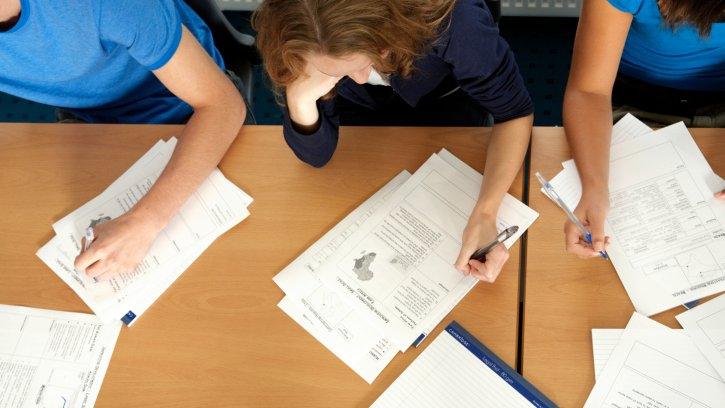
- Published25 October 2013
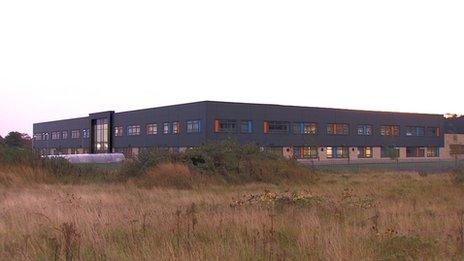
- Published17 October 2013
